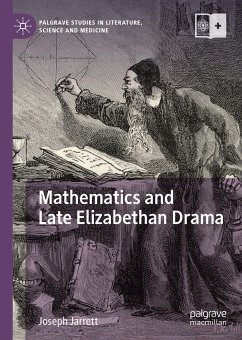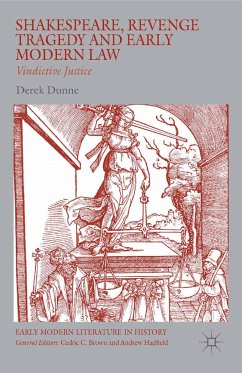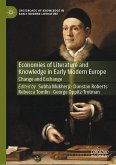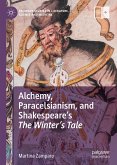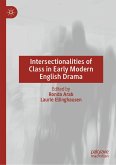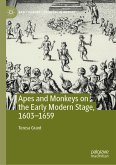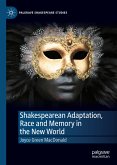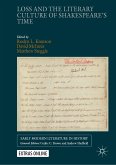This book considers the influence that sixteenth-century and early seventeenth-century mathematical thinking exerted on the writing and production of popular drama between about 1587 and 1603. It concentrates upon six plays by five early modern dramatists: Tamburlaine, Part 1 (1587) and Tamburlaine, Part 2 (1587) by Christopher Marlowe; Friar Bacon and Friar Bungay (1589) by Robert Greene; Old Fortunatus (1599) by Thomas Dekker; Hamlet (1600) by William Shakespeare; and The Tragedy of Hoffman (1603) by Henry Chettle. Each chapter analyses how the terms, concepts, and implications of contemporary mathematics impacted upon these plays' vocabularies, forms, and aesthetic and dramaturgical effects and affects.
Dieser Download kann aus rechtlichen Gründen nur mit Rechnungsadresse in A, B, BG, CY, CZ, D, DK, EW, E, FIN, F, GR, HR, H, IRL, I, LT, L, LR, M, NL, PL, P, R, S, SLO, SK ausgeliefert werden.

